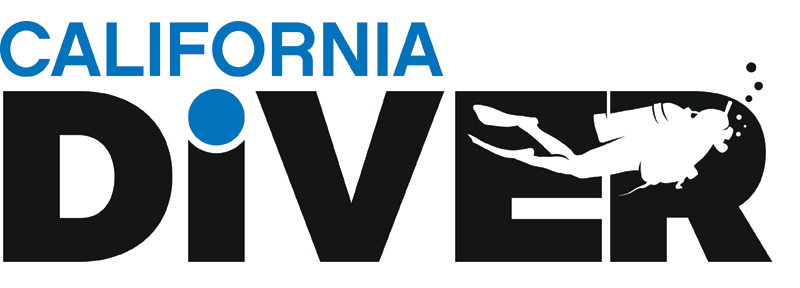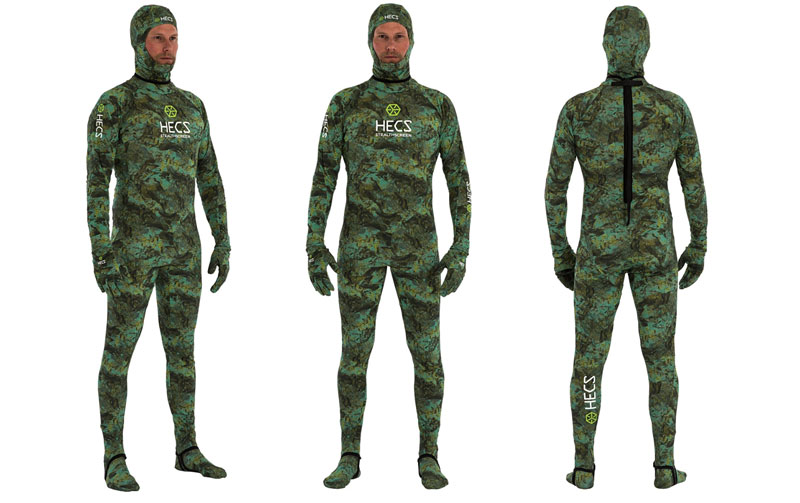HECS LLC has announced the launch of a new range of wetsuits designed to help divers get closer to marine life. The wetsuits contain a layer of energy-blocking material known as HECS StealthScreen, which has been awarded multiple patents for the technology.
Warren Bird, HECS development director, says; “Many marine animals can detect and react to electric signals. HECS StealthScreen helps reduce the human electric signal.” Warren adds; “HECS benefits anyone who wants to get closer to lobsters, sharks, rays, eels and other marine animals that can detect electric signals. We are getting amazing feedback from divers and marine biologists about the efficacy of the HECS suits.”
Marine Biologist Riley Elliot says; “Being specialized in animal behavior, I have been testing this technology for the past five years. It is the application of a proven scientific technology – the Faraday cage – to a wetsuit, and it is showing extremely exciting benefits to cameramen, spearfishers, divers and anyone who wants to mask their foreign presence in the water, allowing closer and more natural animal interactions.”
The HECS StealthScreen material is lightweight, comfortable and flexible, and contains a unique combination of conductive carbon fibers, which act as a lightweight Faraday cage to reduce the output of electric signals. The material is available in a specially-designed camouflage pattern, and can be worn on its own or bonded to neoprene for wetsuits.
The HECS Dive Skin 1mm suit is designed for tropical waters, and is priced at around $395 (U.S.). The price includes fullsuit, hood, gloves and socks. For cooler water, HECS Spear Wetsuit is priced at around $695 for the 5mm full suit. The price includes hooded top, long johns, gloves and boots.
HECS Dive Skins and HECS Spear Wetsuits are available online at www.hecsaquatic.com.
.

